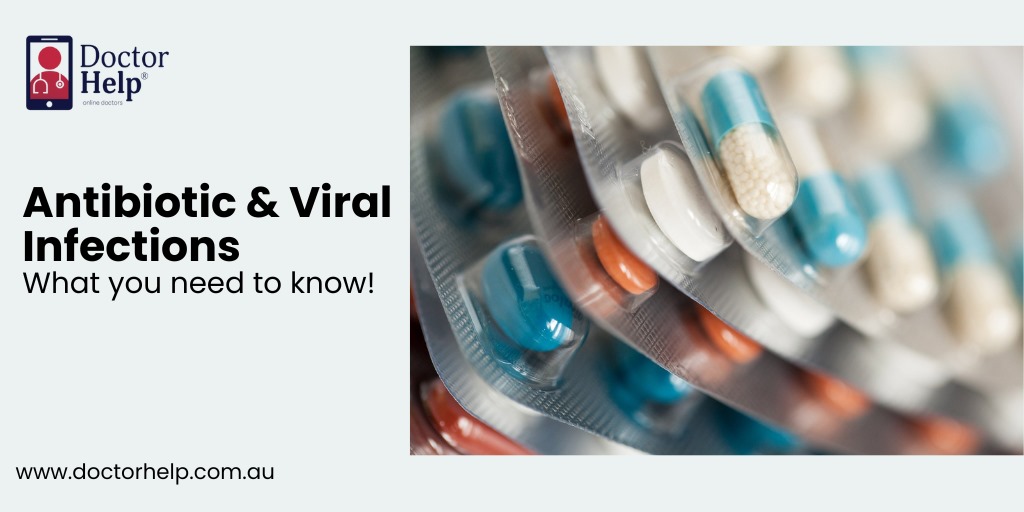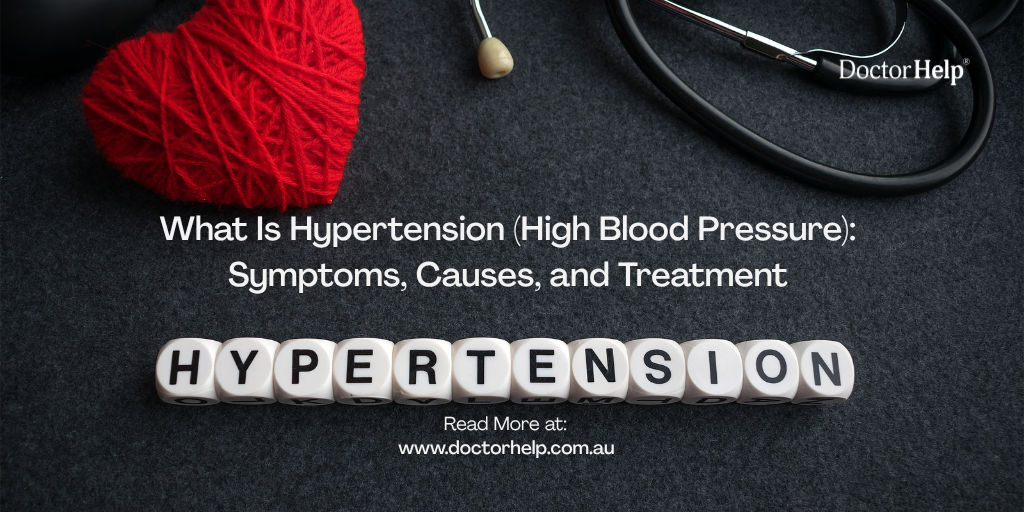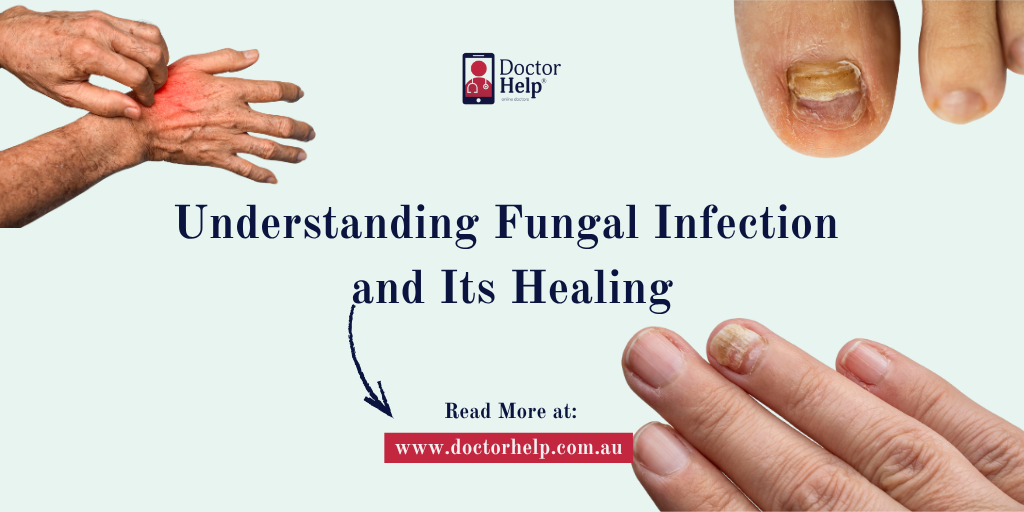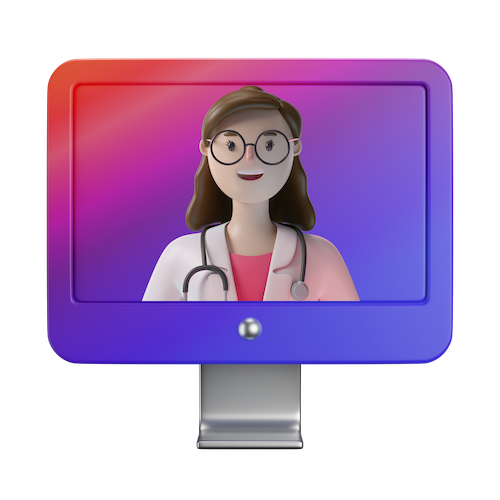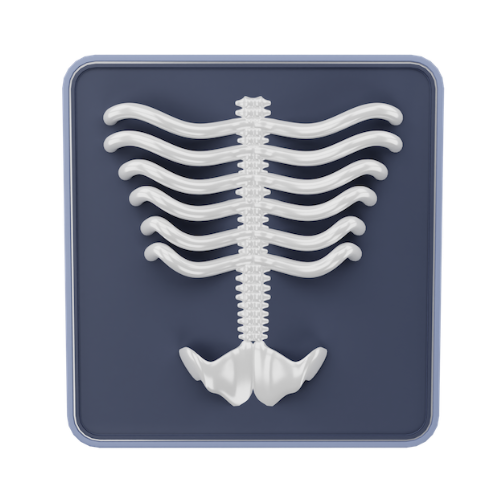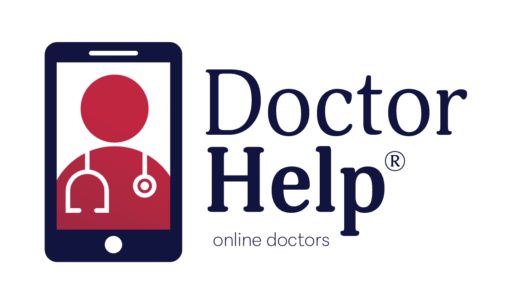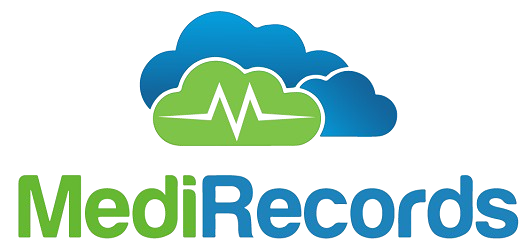Most people assume that antibiotics can treat both viral and bacterial infections. The purpose of antibiotics is to treat illnesses caused by bacteria. There is no relation between antibiotics and viral infections. Antivirals treat infections caused by viruses such as COVID-19, influenza, and others. Antibiotics can not treat viral infections.
In some cases, antibiotics may be mistakenly prescribed for viral infections, contributing to antibiotic resistance. However, Australian healthcare professionals follow strict antimicrobial stewardship guidelines to ensure antibiotics are used appropriately. Some important questions must be addressed, including;
Can antibiotics treat the flu?
No.
Can antibiotics make viral infection worse?
Antibiotics don’t directly worsen a viral infection, but their misuse can lead to side effects, antibiotic resistance, and harm to beneficial bacteria that support immunity.
Can you use antibiotics for a viral infection?
No.
Do antibiotics treat both viral and bacterial infections?
No, it only treats bacterial infections.
Read on to explore more about antibiotics and viral infections.
Bacteria vs Viruses
Bacteria are single-cellular organisms. There are two kinds of bacteria – harmless and harmful. The harmless type helps us in many ways, while the harmful type causes infections. Your body is home to billions of good bacteria that help you in digestion, support your immune system, and make nutrients for you.
The infectious bacteria cause harm to your body. It can cause many diseases by attacking your cell wall. They can grow inside you and reproduce independently.
On the other hand, viruses have different metabolic structures than bacteria. They are like infectious agents that can cause infections by penetrating your cells. They need a host cell to reproduce and grow.
How to tell if an infection is bacterial or viral
Most of the infections are caused by two types of pathogens – bacteria and viruses.
Viral infections include:
- Flu (influenza).
- Cold.
- Chickenpox.
- Hepatitis B and C.
- COVID-19.
- Most sore throats.
Bacteria can cause:
- Strep throat.
- Pneumonia.
- Urinary tract infections.
- Sinus infection.
- Most ear infections.
Antibiotics can kill and prevent you from specific bacteria. It can not help you in treating viral infections. You can not distinguish all viral and bacterial infections based on the symptoms alone, as some symptoms caused by bacterial infections resemble viral infections, and some viruses can cause symptoms that may look like bacterial infections. Your doctor or pharmacist can help determine whether your illness is bacterial or viral. Avoid self-medication and always seek professional advice before using antibiotics.
Why are antibiotics not used to treat viral infections
Understanding the difference between antivirals and antibiotics is essential to know why viral infections do not respond to antibiotics. As we have already discussed, bacteria and viruses have different structures, which is why their medications are specifically designed to target them.
Antibiotics are used to treat and prevent the spread of infections caused by bacteria. Antibiotics attack the cell wall of bacteria and kill it or inhibit its growth. Unlike bacteria viruses do not possess a cell wall, which is one of the reasons why antibiotics cannot treat a viral infection.
Antivirals treat and prevent viral infections. For each virus a specific antiviral has been created. Antivirals help your body fight viral infections by blocking the receptors to prevent the virus, using body cells as hosts to multiply or boosting your immune system. Like antibiotics, antivirals also help alleviate the symptoms.
Misuse of antibiotics
It is important to use the right antibiotics created for each bacterial infection. Using incorrect antibiotics or consuming antibiotics for viral infection can be dangerous as it can cause many risks, including;
Antibiotic resistance: This overuse or misuse of antibiotics has made the bacteria resistant. Antibiotic resistance has become a growing threat.
Harm to good bacteria: It can harm or kill the beneficial bacteria that live in our body, causing many issues, especially in the gut.
Side effects: The misuse of antibiotics can also cause many side effects, including abdominal pain, nausea, and loss of appetite.
How to recover from viral infections without antibiotics
The following are the best ways to treat viral infections mentioned:
- Rest well.
- Drink plenty of water.
- Use pain relievers like paracetamol, commonly recommended for fever and pain relief. Ibuprofen may also help but should be used cautiously and under medical advice, especially for conditions like COVID-19 or asthma.
Final thoughts
To effectively treat infections caused by bacteria and viruses, it is crucial to understand the differences between antibiotics and antivirals. To prevent yourself from viral and bacterial infections, wash your hands often, avoid touching your face randomly, stay away from people who are sick, and get vaccinations.
Medications should always be treated more responsibly, as excessive use of antibiotics can lead to many grave health conditions. Here are some key guidelines to follow to avoid viral and bacterial infections:
- You should always consult your doctor before taking antibiotics. You can also book a telehealth appointment with us for professional advice.
- Always follow your doctor’s advice on antibiotic use. In some cases, completing the course is necessary, while in others, stopping when symptoms improve may be appropriate.
- Consult your doctor if you notice any side effects.
- Do not use antibiotics to treat viral infections.
References:
- Antibiotics. (n.d.). Johns Hopkins Medicine.
https://www.hopkinsmedicine.org/health/wellness-and-prevention/antibiotics - Matters, V. (2023, March 29). Why antibiotics can’t be used to treat viruses, colds or the flu. Vaccination Matters.
https://www.vaccinate.initiatives.qld.gov.au/vaccination-blog/why-antibiotics-cant-be-used-to-treat-viruses-colds-or-the-flu - Healthdirect Australia. (n.d.). What is the difference between bacterial and viral infections? Healthdirect.
https://www.healthdirect.gov.au/bacterial-vs-viral-infection - Antibiotics: Are you misusing them? (n.d.). Mayo Clinic.
https://www.mayoclinic.org/healthy-lifestyle/consumer-health/in-depth/antibiotics/art-20045720 - American Lung Association. (n.d.). Antivirals vs Antibiotics: What You Need to Know.
https://www.lung.org/blog/antivirals-vs-antibiotics - Antibiotic overuse and misuse — 4 Risks You should know | Live Healthy | MU Health Care. (n.d.).
https://livehealthy.muhealth.org/stories/antibiotic-overuse-and-misuse-4-risks-you-should-know - Healthdirect Australia. (n.d.). Gut microbiome and your health. Healthdirect.
https://www.healthdirect.gov.au/the-microbiome

